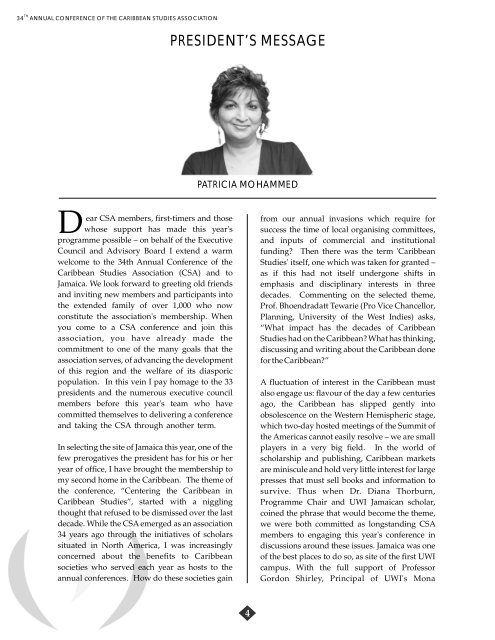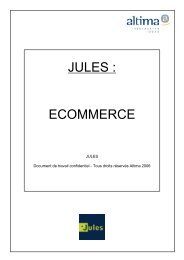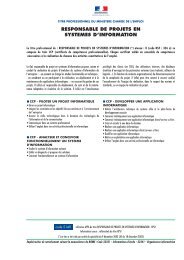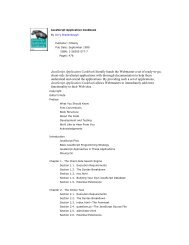ASSOCIATION
CSA COMPLETE.cdr - Index of - Free
CSA COMPLETE.cdr - Index of - Free
- No tags were found...
You also want an ePaper? Increase the reach of your titles
YUMPU automatically turns print PDFs into web optimized ePapers that Google loves.
TH<br />
34 ANNUAL CONFERENCE OF THE CARIBBEAN STUDIES <strong>ASSOCIATION</strong><br />
PRESIDENT’S MESSAGE<br />
PATRICIA MOHAMMED<br />
D<br />
ear CSA members, first-timers and those<br />
whose support has made this year's<br />
programme possible – on behalf of the Executive<br />
Council and Advisory Board I extend a warm<br />
welcome to the 34th Annual Conference of the<br />
Caribbean Studies Association (CSA) and to<br />
Jamaica. We look forward to greeting old friends<br />
and inviting new members and participants into<br />
the extended family of over 1,000 who now<br />
constitute the association's membership. When<br />
you come to a CSA conference and join this<br />
association, you have already made the<br />
commitment to one of the many goals that the<br />
association serves, of advancing the development<br />
of this region and the welfare of its diasporic<br />
population. In this vein I pay homage to the 33<br />
presidents and the numerous executive council<br />
members before this year's team who have<br />
committed themselves to delivering a conference<br />
and taking the CSA through another term.<br />
In selecting the site of Jamaica this year, one of the<br />
few prerogatives the president has for his or her<br />
year of office, I have brought the membership to<br />
my second home in the Caribbean. The theme of<br />
the conference, “Centering the Caribbean in<br />
Caribbean Studies”, started with a niggling<br />
thought that refused to be dismissed over the last<br />
decade. While the CSA emerged as an association<br />
34 years ago through the initiatives of scholars<br />
situated in North America, I was increasingly<br />
concerned about the benefits to Caribbean<br />
societies who served each year as hosts to the<br />
annual conferences. How do these societies gain<br />
from our annual invasions which require for<br />
success the time of local organising committees,<br />
and inputs of commercial and institutional<br />
funding? Then there was the term 'Caribbean<br />
Studies' itself, one which was taken for granted –<br />
as if this had not itself undergone shifts in<br />
emphasis and disciplinary interests in three<br />
decades. Commenting on the selected theme,<br />
Prof. Bhoendradatt Tewarie (Pro Vice Chancellor,<br />
Planning, University of the West Indies) asks,<br />
“What impact has the decades of Caribbean<br />
Studies had on the Caribbean? What has thinking,<br />
discussing and writing about the Caribbean done<br />
for the Caribbean?”<br />
A fluctuation of interest in the Caribbean must<br />
also engage us: flavour of the day a few centuries<br />
ago, the Caribbean has slipped gently into<br />
obsolescence on the Western Hemispheric stage,<br />
which two-day hosted meetings of the Summit of<br />
the Americas cannot easily resolve – we are small<br />
players in a very big field. In the world of<br />
scholarship and publishing, Caribbean markets<br />
are miniscule and hold very little interest for large<br />
presses that must sell books and information to<br />
survive. Thus when Dr. Diana Thorburn,<br />
Programme Chair and UWI Jamaican scholar,<br />
coined the phrase that would become the theme,<br />
we were both committed as longstanding CSA<br />
members to engaging this year's conference in<br />
discussions around these issues. Jamaica was one<br />
of the best places to do so, as site of the first UWI<br />
campus. With the full support of Professor<br />
Gordon Shirley, Principal of UWI's Mona<br />
4











